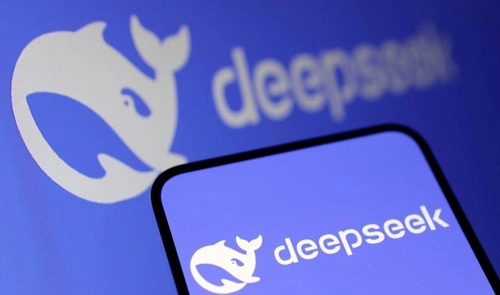Trailblazing minds shaping the future of artificial intelligence across academia and industry
In the fast-evolving landscape of artificial intelligence (AI), Indian-origin researchers have emerged as key architects of transformative breakthroughs, especially in machine learning (ML), natural language processing (NLP), and computer vision. Their educational journeys span top institutions in India, the US, and the UK, reflecting a deeply globalized research ecosystem, reported timesofindia.indiatimes.com.
Here’s a look at eight Indian-origin AI and ML experts working in the US, their alma maters, and the fields where they’ve made groundbreaking contributions:
Ashish Vaswani
An alumnus of BIT Mesra, Vaswani earned his PhD from the University of Southern California in 2014. He is best known for co-authoring “Attention Is All You Need,” the seminal paper that introduced the Transformer architecture, now central to large language models like ChatGPT and GPT-4.
Jitendra Malik
Malik completed his undergraduate degree in electrical engineering at IIT Kanpur and earned his PhD from Stanford University in 1985. A professor at UC Berkeley, he is a pioneer in computer vision, with lasting contributions to image segmentation, object recognition, and deep visual learning.
Anima Anandkumar
Anandkumar, who studied at IIT Madras, went on to receive her PhD in electrical engineering and computer science in the US. She is now the Bren Professor of Computing at Caltech and a former Director of AI Research at NVIDIA. Her work includes tensor methods, deep learning models, and AI for climate science, notably FourCastNet.
Vasant Honavar
Educated at BMS College of Engineering, Bangalore University, Honavar completed his MS at Drexel University and PhD at the University of Wisconsin–Madison. He is a professor at Penn State University, working at the intersection of machine learning, bioinformatics, and causal inference.
From Transformer models to robotics and causal AI, these eight Indian-origin experts are redefining what’s possible in AI
Trapit Bansal
Bansal studied mathematics and scientific computing at IIT Kanpur, followed by a PhD at the University of Massachusetts Amherst. Now with Meta’s Superintelligence Lab, he works on reinforcement learning, chain-of-thought prompting, and LLM alignment.
Sanjeev Arora
Arora received his PhD from UC Berkeley in 1994 and is now a professor at Princeton University, leading the Princeton Language and Intelligence Initiative. A two-time Gödel Prize winner, he is known for his work on approximation algorithms, the PCP theorem, and learning theory.
Eshan Chattopadhyay
A PhD graduate of the University of Texas at Austin, Chattopadhyay is currently an associate professor at Cornell University. In 2025, he received the Gödel Prize for constructing a two-source randomness extractor, a key result for secure AI and computational theory.
Deepak Pathak
After earning his degree from IIT Kanpur, Pathak pursued graduate studies at Carnegie Mellon University, where he is now an assistant professor and co-founder of Skild AI. His research explores self-supervised learning, embodied AI, and real-world robotics applications.
These innovators underscore the immense contribution of Indian-origin scholars to the global AI ecosystem, blending deep theoretical insights with practical, real-world applications.











